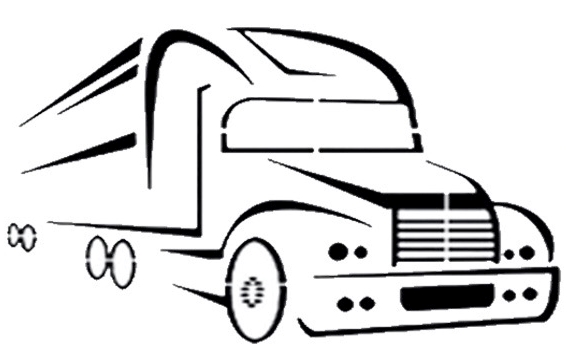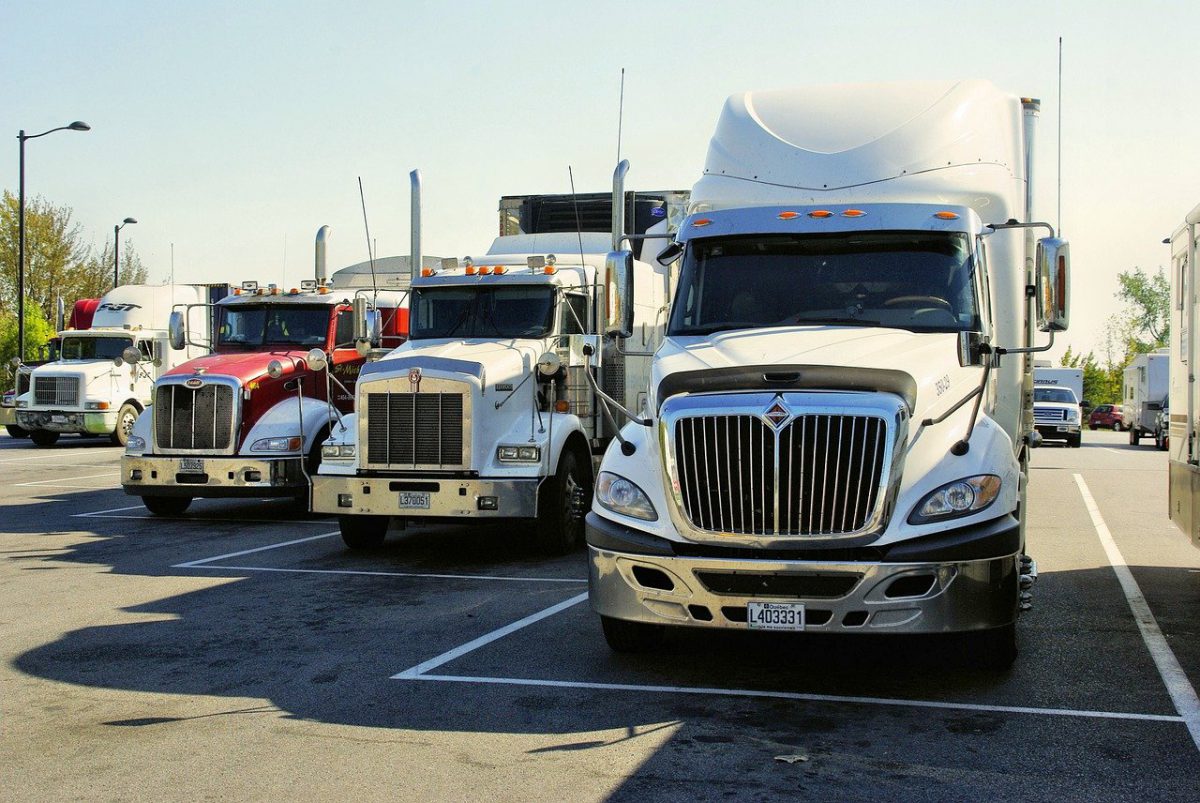Introduction
The first time you park a commercial truck, it might be hard to imagine what could go wrong. Then again, most of us don’t have experience with commercial vehicles and how to properly park them. Make sure to hit these 8 Truck Parking Points:
Plan ahead: Research truck parking options before hitting the road. This will save you time and help you avoid getting stuck in an area without parking options.
Use truck parking apps: There are several apps available that can help you find truck parking spots in Florida.
Check rest areas: Florida has many rest areas along its highways that provide parking for truckers.
Look for truck stops: There are several truck stops located throughout Florida that provide overnight parking for truckers.
Be aware of weight restrictions: Some parking areas may have weight restrictions, so be sure to check before parking your truck.
Park legally:Always park in designated truck parking areas and never park on the shoulder of the road or in no-parking zones.
Be aware of the weather: Florida is known for its thunderstorms and hurricanes, so be sure to check the weather forecast and plan accordingly.
Have a backup plan: Always have a backup plan in case your first choice for parking is full or unavailable.
Truck parking can be challenging, but we’ve got your back with these tips
Truck parking can be challenging, but we’ve got your back with these tips.
- Think of it as a game of chess. If you park your truck properly, then it will be easier for others to find and park theirs in the same space.
- If there are other trucks parked near yours, don’t worry about blocking anyone else’s view or getting stuck in traffic–just make sure that when you leave your spot, there is enough room for others around you to get out of their own spots too!
Find a convenient place to park your truck.
To find a convenient place to park your truck, you should consider the following.
- Find a truck parking place that is close to your final destination. This will allow you to drive directly from where you’re parked to where you need to be, saving time and gas money.
- Find a truck parking spot close by any highways or train stations if possible as these can help cut down on travel time between starting point and destination points where there are multiple ways of getting there (i.e., highway vs railroad tracks).
Make sure your truck gets serviced at least once a year.
How often to get your truck serviced depends on the type of truck you have and how much you use it. For example, if you have an older sedan or SUV, get it inspected by a certified auto shop every three years; more modern trucks can be inspected every four years, as long as they’re maintained properly. If possible, try to avoid getting your car serviced at an independent mechanic because they may not be able to provide high-quality workmanship or parts that meet industry standards (and thus need replacing).
Keep all personal items in the truck’s cab.
When you’re parking your truck, keep all personal items in the cab. This is especially important if you have valuables like jewelry or electronics that could be stolen by opportunistic thieves. Also, don’t leave anything of value in the truck–not even lunch money or keys!
Be careful about when and where you park your truck.
When parking your truck, be careful about where and when you park it. It is illegal to park on any public sidewalk or street in most cities. In some places, it is also illegal to park on a residential street at certain times of day (such as between midnight and 6 AM).
In addition, it may be necessary for drivers of commercial vehicles to adhere to specific rules regarding which days they can legally park their trucks at different locations in order to avoid running into issues with local authorities.
Use state and local laws to your advantage, but be aware of them too!
Be aware of local laws, too! This can vary depending on where you live and what kind of parking restrictions or regulations are in place for trucks at that particular location. If you see a sign that says “no parking” or “no stopping,” it may mean something different from what is allowed elsewhere (for example: New York City has a ban on stopping). Keep an eye out for signs like these so as not to get ticketed by police officers who patrol these areas looking for violators who violate their own ordinances with impunity
Conclusion
We hope that our tips have been helpful in helping you find a good place to park your truck. Remember, if you’re not sure where the laws are for truck parking, ask a local law enforcement officer or the city’s mayor for guidance. And always make sure your truck is safe and secure!


